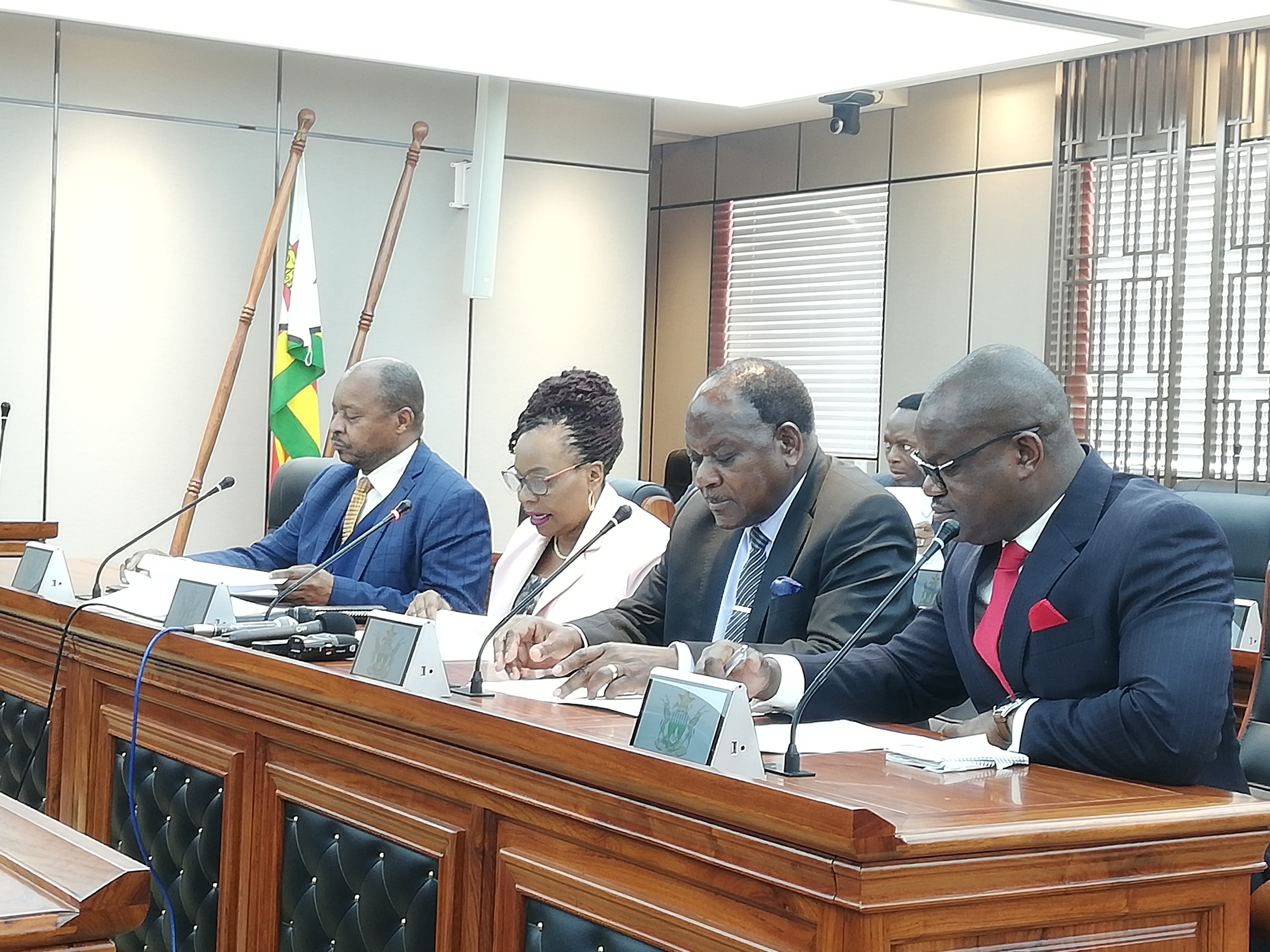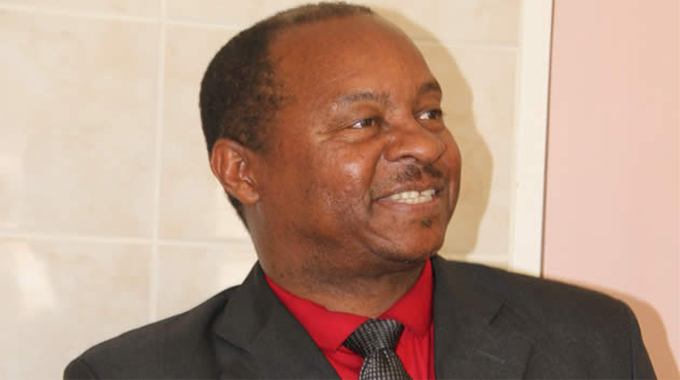Govt approves new investment policy
Share

Harare, (New Ziana) – The government has targeted to increase the share of private sector investment in Zimbabwe to at least 25 percent of GDP by 2030, the year it has earmarked to have transformed the country into an upper- middle income economy.
Since assuming office in 2017, President Emmerson Mnangagwa’s government has placed economic development on top of its agenda, utilising various strategies including increasing investment inflows.
In pursuit of that, various reforms have been put in place to lure investors, for example the scrapping of the controversial indigenisation law, setting up the Zimbabwe Investment Development Agency and investing in a country re-branding and marketing drive through the ‘Zimbabwe is open for business’ mantra.
To add impetus to the investment agenda, Cabinet on Tuesday considered and approved a National Investment Policy which outlines the country’s strategic investment options.
Information, Publicity and Broadcasting Services Minister Monica Mutsvangwa said the policy also provided a comprehensive framework for the coordination, facilitation, promotion, protection and retention of investment in Zimbabwe in line with vision 2030 and the Transitional Stabilisation Programme.
“The objectives of the policy include, among many, the following; to restore and sustain investor confidence through guarantees to investment protection, repatriation of profits, policy consistency and transparency throughout the entire investment management cycle (and) also to increase the share of private sector investment to a maximum of 25 percent of the GDP by 2030,” she said during her weekly Post Cabinet Briefing.
“(The policy also aims) to transform Zimbabwe from a resource based economy to one that promotes value addition based on the adoption of cutting edge technologies for higher productivity and competitiveness.”
Mutsvangwa said implementation of the policy would also help to improve technology transfer and job creation through business linkages.
The renewed emphasis on the economy has resulted in an influx of investors expressing interest to invest in Zimbabwe from across the globe, including from countries that were previously hostile.
The government, in the meantime, continues to work on a host of reforms to make it easy and cheaper to invest and do business in the country by addressing issues such as corruption and streamlining investment procedures.
As a direct result of those efforts, Zimbabwe’s foreign investment inflows for 2018 rose to US$745 million, up from US$349 million the previous year.
The United Nations Conference on Trade and Development (UNCTAD) World Investment Report applauded efforts being made to lure investors, highlighting that Zimbabwe’s FDI inflows were emerging from an “extremely low basis.”
New Ziana









